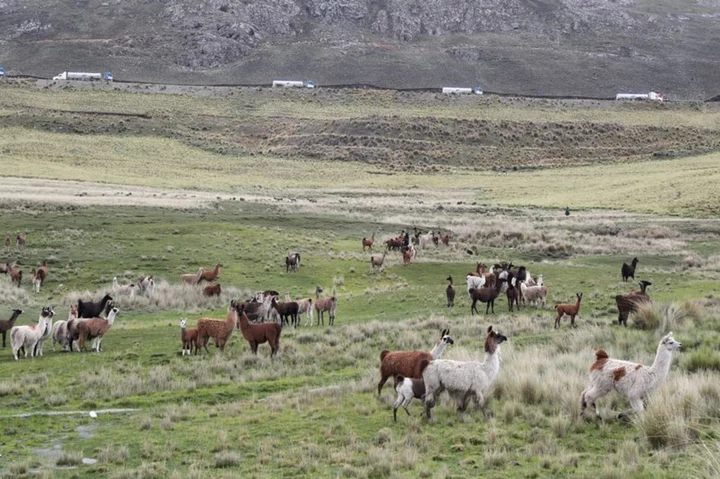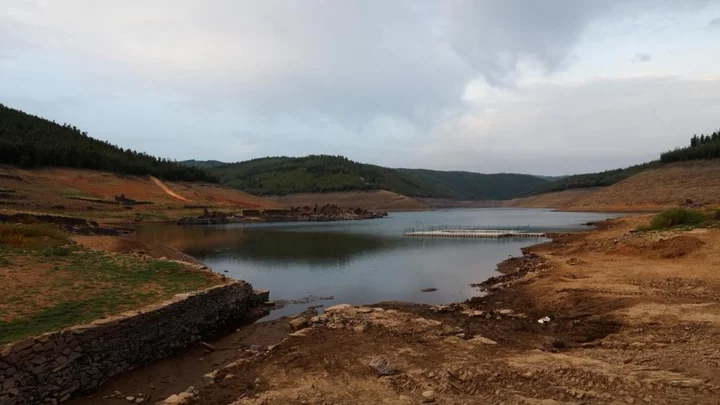By Marco Aquino
LIMA Copper miners in Peru, already battling political uncertainty and regular protests, say they have another hurdle to revving up stalled production of the red metal: too much red tape.
The South American country, the world's No. 2 copper producer, has seen output plateau in the last five years as political instability, revolving governments and flagging investment has let rival producer Congo almost overtake it.
Mining investment is expected to drop by a fifth this year and company executives said that labyrinthine bureaucracy, worse than in other places, was jamming up new projects, a potential threat to copper output in the years ahead.
"Getting a mine operational in Peru can take 10-15 years if you don't hit major hurdles, far from the world average of about eight years," Southern Copper Chief Financial Officer Raul Jacob told Reuters on the sidelines of a mining event in Lima.
He added there were some 230 "administrative processes" with various authorities to start building a mine, compared to around a dozen just 20 years ago.
"There are procedures that are repeated, the same information is delivered to different agencies that do not coordinate with each other... So what happens in practice is that all this prevents the project from moving forward."
Peru's copper growing pains pose a challenge for the mining-driven economy and to global supply with demand heating up for the metal that is key for the electrification shift. Neighboring No. 1 producer Chile has also seen production slide, dented by political uncertainty around taxes and regulation.
The mining director at Peru's ministry of energy and mines, Jorge Soto, told Reuters work was being done to speed up processes with various state entities related to water use, the environment, resource protection and Indigenous communities.
"We are working together to see which are the most important or fundamental standards that should be applied, and those that are not necessary which we can cut," he said.
"But that doesn't mean it can be done overnight, because it's not easy in a very large state structure."
WE NEED TO MOVE MORE QUICKLY
The government, keen to speed up output, announced this year an agreement with the World Bank to review mining red tape to bring processes more in line with places where projects move forward faster, including Chile, Canada and Mexico.
Until that happens, mining executives said Peru's $53 billion mining investment pipeline, largely copper, would only move forward slowly, despite government hopes that some $7 billion of that being unlocked in 2023 and 2024.
"No one is talking about changing standards, but just moving more quickly," said Víctor Gobitz, president of Peru's largest copper mine Antamina - owned by global mining giants BHP and Glencore - which has been waiting since last year for approval to extend the useful life of the deposit.
Gold miner Newmont Corp said last month it would delay investment in its $2.5 billion Yanacocha Sulfuros project in Peru for at least two years to optimize its portfolio and increase shareholder returns.
Southern Copper, meanwhile, has five projects worth some $8.6 billion on its slate. Among them is Tia Maria, stalled for a decade due to local environmental concerns, and Los Chancas, stalled by illegal mining within its concession.
Gobitz, Antamina's president, also cited political issues including deadly protests that roiled the country's Andean south at the start of the year, and the fact that since early 2022 Peru has seen six different mining ministers come and go.
"If you have a permanent rotation of officials on key issues like this, everything becomes cumbersome," he said.
(Reporting by Marco Aquino; Editing by Adam Jourdan and Sandra Maler)









